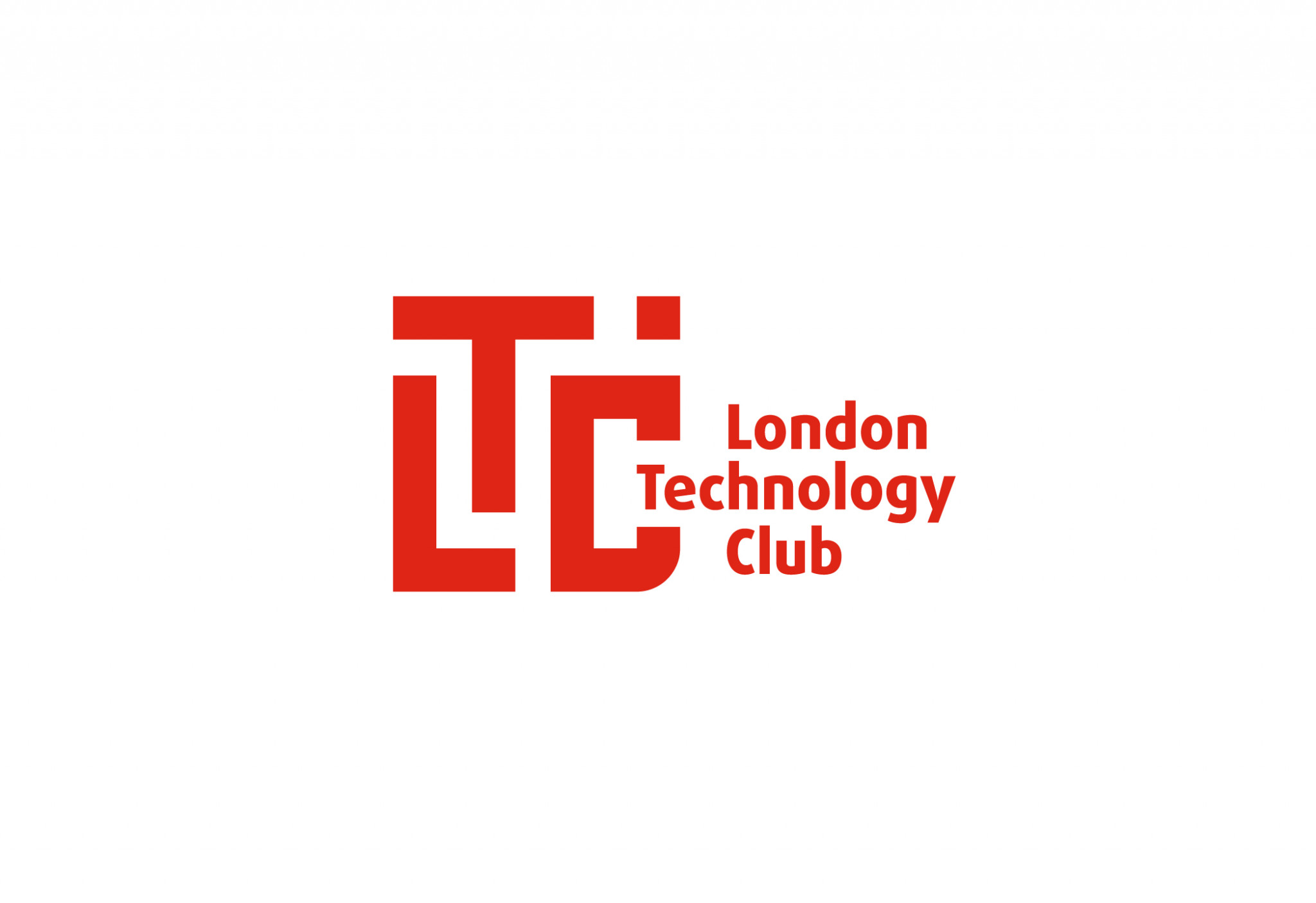
As an asset class, real estate is the largest store of wealth. Yet it has been a laggard in embracing technology. Therefore there’s no bigger industry ‘more ripe’ for technological disruption says Simon Pavitt, COO of the London Technology Club
The London Technology Club released the sixth in its Future Technology Series: The Future Technology in Property accompanied with a member-event at the British Academy, Mayfair for its HNW investors. The latest report and panel discussion looked at how the impact of technology will affect investment decision-making, commercial and residential property as well as ‘smart space’.
Investment Decisions:
Despite the utility of property as a store of value, the buying, selling and trading of real estate has remained a lengthy, complicated and expensive process. However, the future marketplace could become more fluid through smart contracts and fractional ownership. People could buy a fraction of a building and then buy and sell/trade it on an exchange with full transparency- just like equities. It would make traditionally illiquid assets liquid. There is currently a race for data (especially non-traditional data) and the technology to enable powerful predictions and correlations for investment decisions. Things that took 3 months to research in the past can now be collated and analysed in three hours. Those that harness such analytics will be able to make better purchase/ rental decisions. Decades of gut instinct are rapidly being replaced with precise machine learning-led investments.
Commercial Property:
There are large shifts occurring – from companies looking to move to flexible workspace to ‘hybrid hotels’ popping up across cities to cater for business travellers. Those who are forbidden from using Airbnb by their employer’s corporate policy, but who don’t like hotels. Key to the growth of these companies is the embracing of technology filling the sweet spot between the authenticity of apartment rentals and the predictability of hotels”. Embracing the technology that fills the sweet spot between the authenticity of apartment rentals and the predictability of hotels is key for growth.

Residential Property:
New tech-enabled entrants are disrupting highly established markets by focusing on different pain points or friction in the process. From estate agents fees on the sellers side to a lack of transparency on the buyers side. From off market property transactions to chain free selling, rental payment systems and home payment platforms for ‘seamless living’. Processes are increasingly more streamlined and automated.
Smart spaces:
We spend 90% of our time indoors and technology companies are looking to redefine how we develop and manage property. Property is moving from being about selling a product to selling a service. End users don’t want a flat, they want a lifestyle, business owners don’t want an office they want a productive workforce. Technology such as predictive property maintenance and the internet of things means management will be much more advanced in the very near future. We are living in an ‘as-a-service’ world and property cannot avoid this.

The London Technology Club, based in Mayfair, is a community of family offices, private and institutional investors, venture capital firms, technology experts and influencers. The club combines networking, education and co-investment opportunities in the tech sector under one umbrella and provides access to competitive VC funds with attractive returns.
To download the free report in full please visit www.londontechnologyclub.com








